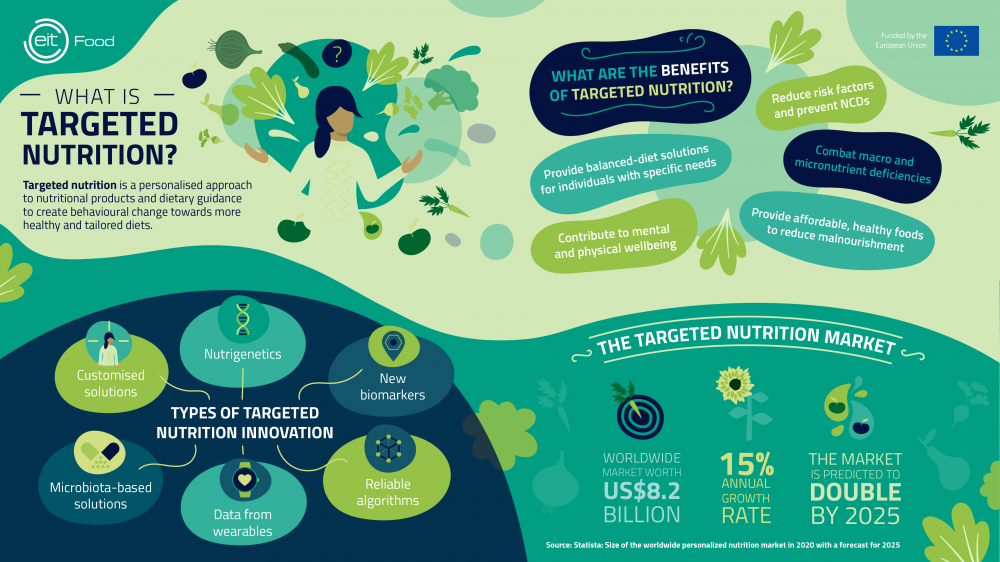The world of nutrition is rapidly evolving, and new research is shedding light on the concept of personalized nutrition. Personalized nutrition emphasizes tailoring dietary recommendations to an individual’s specific genetic makeup, health status, and lifestyle. This curated blog post aims to explore the science behind personalized nutrition and how it can revolutionize the way we approach and improve our dietary habits.
An Overview of Personalized Nutrition
Personalized nutrition, also known as precision nutrition, involves customizing dietary recommendations to individual needs and characteristics. It takes into account factors such as genetics, gut microbiome composition, lifestyle, and health status to optimize dietary choices.
Unveiling the Science: Genetic Influences on Personalized Nutrition
Genetics play a significant role in determining how our bodies metabolize and respond to different nutrients. Nutrigenomics is the study of how genes interact with diet, and it helps us understand how personalized nutrition can be tailored based on genetic variations.
The Gut Microbiome and Personalized Nutrition
The gut microbiome, consisting of trillions of microorganisms in our digestive tract, plays a vital role in nutrient absorption and overall health. Each person’s gut microbiome is unique and can influence their response to specific foods. Understanding this relationship allows for personalized dietary recommendations.

Image courtesy of via Google Images
Data-Driven Solutions: Technological Advances in Personalized Nutrition
Advancements in technology, such as artificial intelligence and machine learning, have facilitated the analysis of vast amounts of data to develop personalized nutrition plans. Wearable devices and health trackers also collect valuable information to make data-driven recommendations.
Nutritional Genomics: Beyond Genetics and Gut Microbiome
Epigenetics, the study of changes in gene expression without alterations to the underlying DNA sequence, plays a role in personalized nutrition. Environmental factors, like stress or pollutants, can affect gene regulation and impact dietary responses. By considering these factors, personalized nutrition becomes more comprehensive.

Image courtesy of via Google Images
Practical Implementation and Benefits of Personalized Nutrition
Personalized nutrition is not only a scientific concept but also a practical approach to improving health and well-being. By tailoring diets to individual needs, personalized nutrition can aid in weight management, prevent chronic diseases, and improve overall quality of life.
Success stories of individuals who have adopted personalized nutrition plans demonstrate the potential for transformative outcomes. By aligning dietary choices with individual genetic makeup, gut microbiome, and lifestyle, significant improvements in health and well-being can be achieved.
While personalized nutrition holds tremendous promise, there are challenges to implementing it on a larger scale. Factors such as cost, accessibility to genetic testing, and the need for personalized dietary guidance from qualified professionals need consideration.
Final Words
Personalized nutrition is a scientific approach that considers an individual’s unique genetic makeup, gut microbiome, lifestyle, and health status when developing dietary recommendations. Its potential to revolutionize our dietary habits and improve our overall well-being is immense.
By embracing personalized nutrition, we can make informed dietary decisions that align with our individual needs. This empowers us to take control of our health and live a healthier and more fulfilling life.



